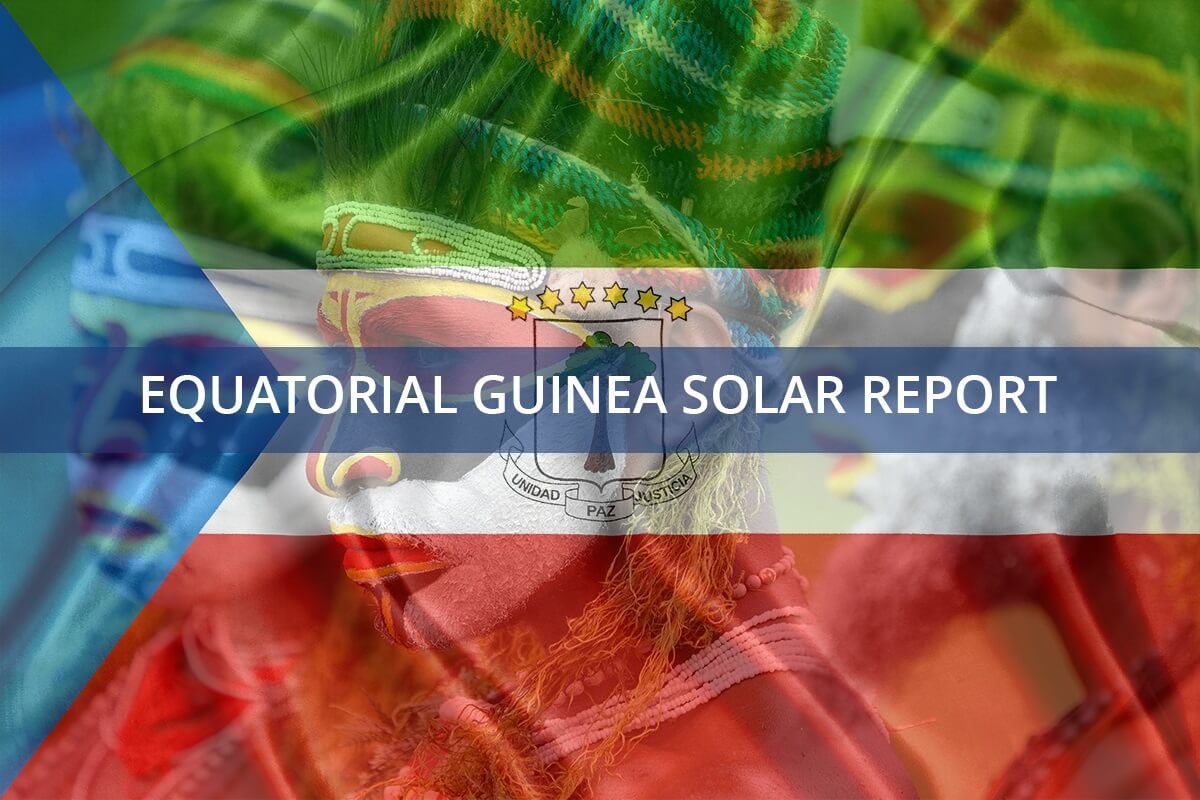Africa Solar Imports Drive Record Growth in Renewable Energy
Africa has seen a significant increase in solar panel imports, with over 30 million units imported in 2022 according to a report by the International Energy Agency (IEA). This marks the highest level of imports to date, driven by the continent’s urgent need for reliable electricity and the rising global demand for renewable energy. This surge is particularly noteworthy given the concurrent interest in establishing local solar panel manufacturing capabilities in regions like the UAE, as highlighted by resources like Solar Panel Factory UAE: Turnkey Setup.
Significant Growth in Africa Solar Imports
In 2022, Africa imported over 30 million solar panels, shattering previous records. This surge highlights the growing demand for renewable energy solutions as Africa seeks to address its persistent energy deficit. The IEA reported that 2022 imports exceeded the combined total of the previous six years (2016-2021), underscoring the continent’s increasing focus on sustainable energy. This rapid growth contrasts sharply with the historically low installed capacity and import figures seen in some African nations, as detailed in reports like the Niger Solar Panel Manufacturing Report.
China dominated the supply chain, providing 22 million panels, with the remainder sourced from Germany, the Netherlands, and the United Arab Emirates. This diversified sourcing demonstrates a global commitment to supporting Africa’s renewable energy transition.
Expanding Solar Capacity and Accessibility Through Africa Solar Imports
These imported panels are projected to generate up to 10 gigawatts of power, significantly boosting Africa’s solar capacity. Importantly, over half of these panels are designated for distributed solar projects, crucial for electrifying remote and rural communities lacking traditional grid infrastructure. These initiatives aim to improve electricity accessibility and affordability.
While solar power currently contributes only about 1% to Africa’s electricity generation, this figure is projected to reach 10% by 2030. The IEA emphasizes that realizing this ambitious target requires substantial investment, estimating a need of $190 billion over the next seven years to meet the continent’s growing energy demands.
Challenges and Opportunities in Africa Solar Imports and Expansion
Despite the impressive growth in imports, Africa’s solar capacity per capita remains the lowest globally, at just 2.4 watts per person. This stark reality highlights the vast potential for further expansion, especially as many countries grapple with frequent blackouts and unreliable electricity grids.
The IEA identifies the urgent need for stable power as a primary driver of solar energy demand, particularly in nations experiencing regular power outages. Nigeria, Africa’s largest economy, exemplifies these challenges, with only 14% of its solar potential currently utilized.
In 2022, Nigeria led Africa in solar panel imports with 14 million units, adding 2.5 gigawatts to its grid capacity and providing some relief to the strained national electricity supply. Both businesses and households are increasingly adopting solar solutions to mitigate the impact of power shortages.
Financial and Policy Support for Africa Solar Imports and Projects
Sustaining and accelerating solar energy growth in Africa requires robust financial and policy support. The IEA recommends significant investments from both domestic and international sources to fund infrastructure development. Supportive policies that incentivize renewable energy development are equally crucial for attracting private sector investment.
The IEA projects that Africa could achieve an installed solar capacity of 60 gigawatts by 2030. However, this achievement hinges on collaborative efforts from governments, investors, and international partners to create an enabling environment for renewable energy projects.
The Path Forward for Africa’s Solar Energy Sector and Imports
As Africa undergoes rapid population growth and urbanization, electricity demand is expected to surge. Solar energy presents a viable solution to meet this demand while mitigating the environmental impact of fossil fuels. The continent’s abundant sunshine positions it ideally for large-scale solar projects.
The record-breaking solar panel imports in 2022 represent a significant step towards energy independence for Africa. With strategic investments and supportive policies, solar power has the potential to revolutionize the continent’s energy landscape and drive sustainable development.

